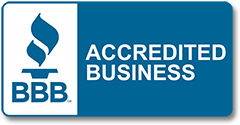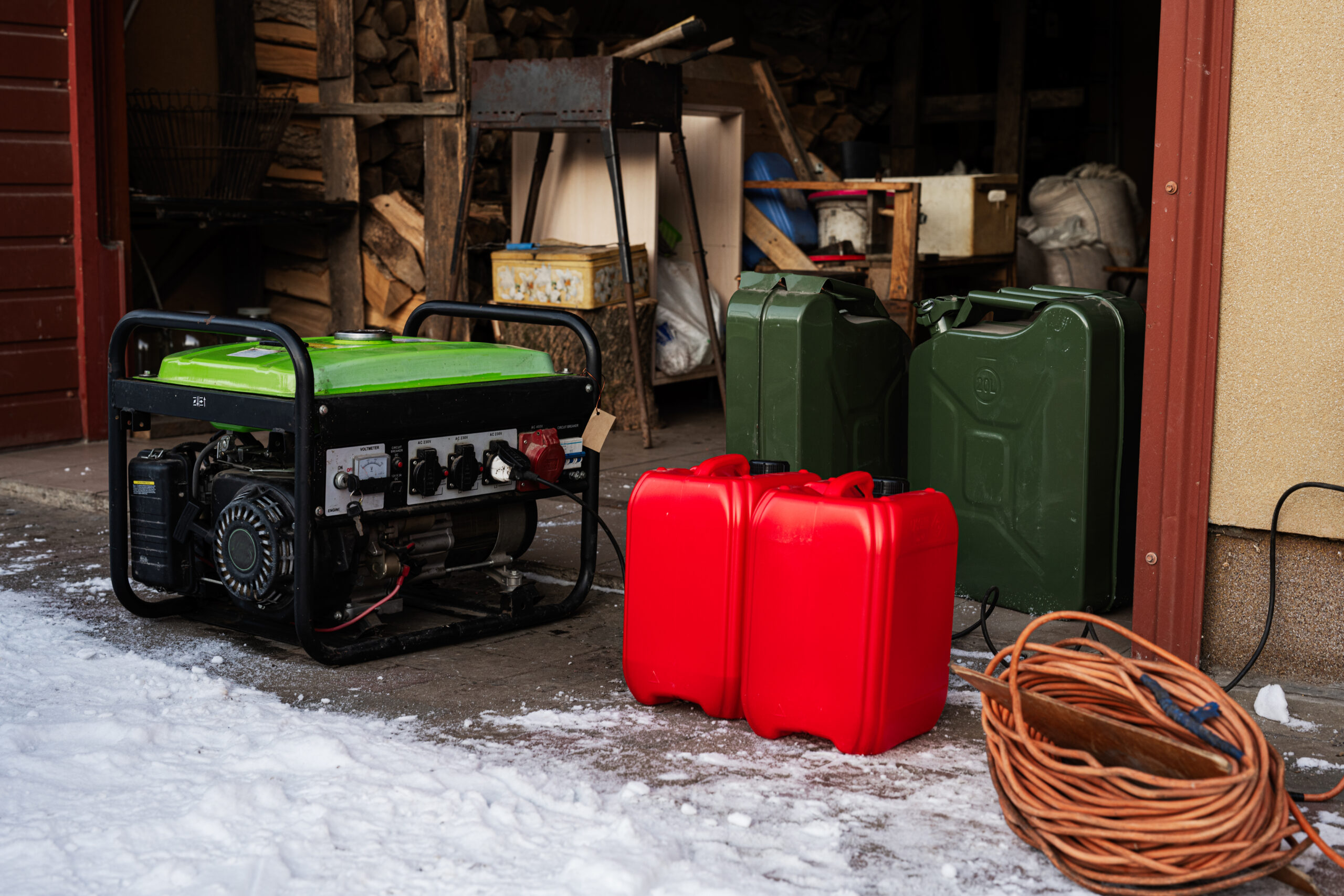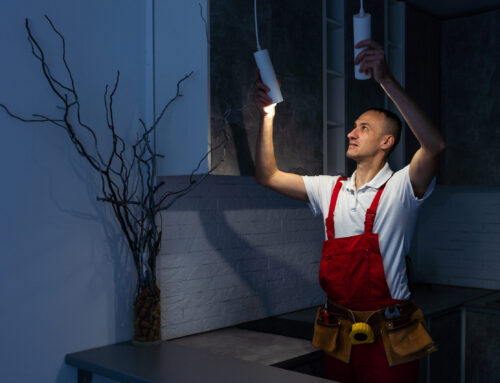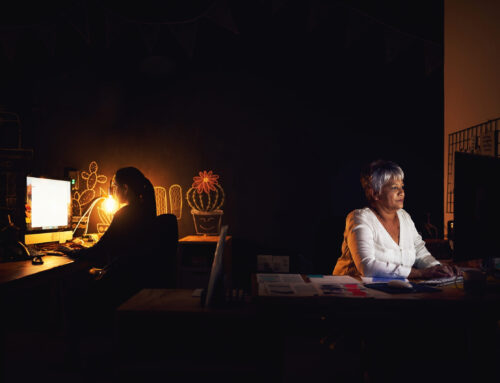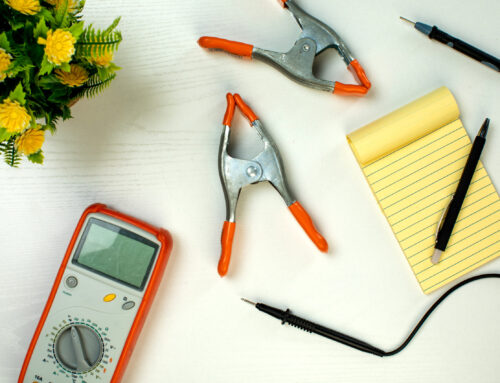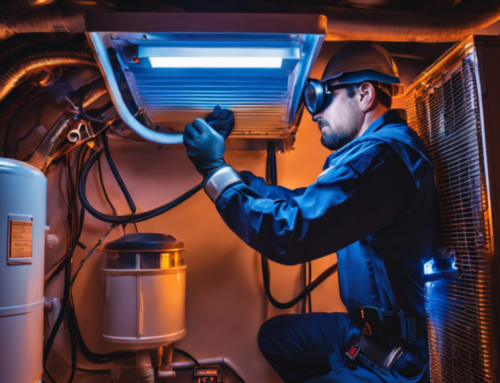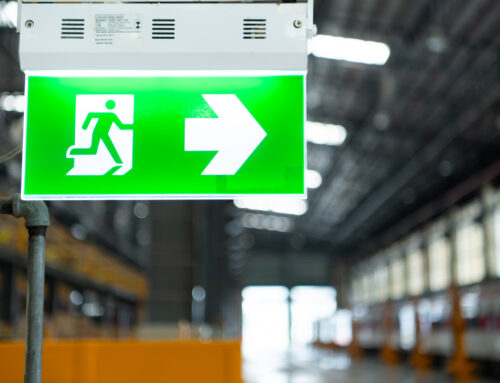During Hurricane Ian, a small office building in East Boca Raton went completely dark for nearly 36 hours. With no backup power, business operations stopped, refrigerated medical supplies were lost, and the building’s security system was offline. This could have been avoided with a properly installed emergency electrical power generator and adherence to Boca Raton’s electrical codes for wiring and safety.
In Florida, power outages are not a matter of “if”—they’re a matter of “when.” With hurricane season lasting from June to November, Boca Raton residents face a real and recurring threat. But while many invest in generators for peace of mind, improper installation or code violations can turn helpful systems into hazards.
This guide explores how emergency electrical power generators work, why they must be installed properly, and the 9 overlooked electrical codes you need to follow for a safe and legal setup in Boca Raton. Whether you’re a homeowner or business owner, these tips can keep you powered—and protected—when the storm hits.
What Are Emergency Electrical Power Generators?
Before you invest in backup power, it’s essential to understand how emergency electrical power generators work and the types available. These generators provide temporary power during an outage and are commonly used in Florida homes and businesses during hurricane season.
Generators are powered by gasoline, propane, diesel, or natural gas, and there are three main types used in residential and commercial properties:
Types of Generators
- Portable Generators: Small, mobile units that can power limited circuits (like a fridge or a few lights). They must be manually started and connected using extension cords or a transfer switch.
- Standby Generators: Permanently installed outside the home or building, these systems start automatically when power goes out. They’re wired directly into your electrical panel.
- Battery Backup Systems: Often paired with solar panels, these provide quiet, clean backup power for electronics and essential circuits. They’re ideal for short outages and sensitive electronics.
Regardless of type, all generators must follow local and national electrical codes when integrated into your wiring system.
Why Electrical Codes Are Crucial for Generator Installations
Generator installation is not a simple “plug-and-play” process. It involves integrating a second power source into your home’s or business’s electrical system. This process, when done incorrectly, can lead to electrical fires, equipment damage, utility worker injury, or code violations that void your insurance coverage.
The National Electrical Code (NEC), along with the Florida Building Code, sets the rules for safe installation. However, many homeowners and even some contractors overlook or misunderstand these rules. Let’s explore the 9 most overlooked electrical codes that Boca Raton residents must follow to ensure a safe and code-compliant generator installation.
1. A Transfer Switch Is Not Optional—It’s Required
When connecting a generator to your home’s wiring, the transfer switch is one of the most important components. It isolates your generator from the utility grid, preventing “backfeeding”, which can be deadly.
What Happens Without It?
Backfeeding can energize power lines outside your home, endangering line workers and causing widespread damage.
Boca Code Tip:
Boca Raton follows NEC Article 702, which mandates an automatic or manual transfer switch for all generator installations tied to the home’s panel.
2. Grounding Must Be Proper and Permanent
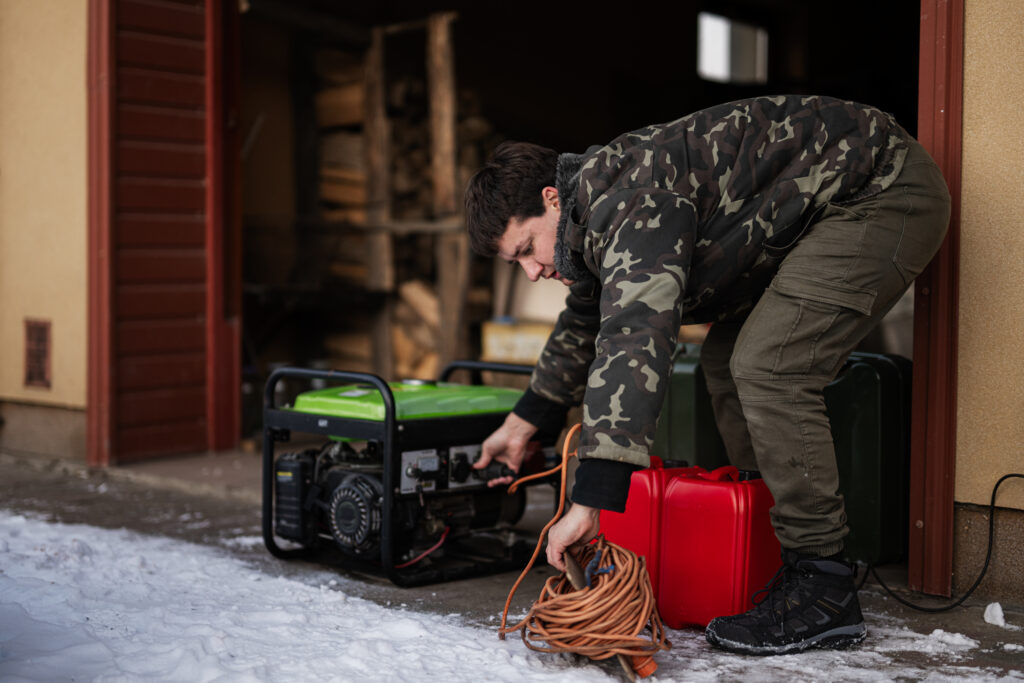
Grounding is essential for directing fault currents safely into the earth. Unfortunately, many DIY installations or rushed jobs skip or incorrectly complete grounding.
Risks of Improper Grounding:
Improper grounding can cause electric shock, equipment damage, and even fatal injuries.
Boca Code Tip:
Per NEC Article 250, all standby generators must be bonded to the home’s grounding electrode system using proper materials and techniques.
3. Overcurrent Protection Is a Must
Overcurrent protection refers to the use of breakers or fuses that shut off power when the current exceeds safe limits. This protection must be in place for every circuit the generator powers.
Why It’s Critical:
Without it, wires can overheat, melt, or start fires.
Boca Code Tip:
NEC 445.12 requires overcurrent protection at the generator itself or where the transfer switch connects to the main panel.
4. Clearance and Placement Rules Matter
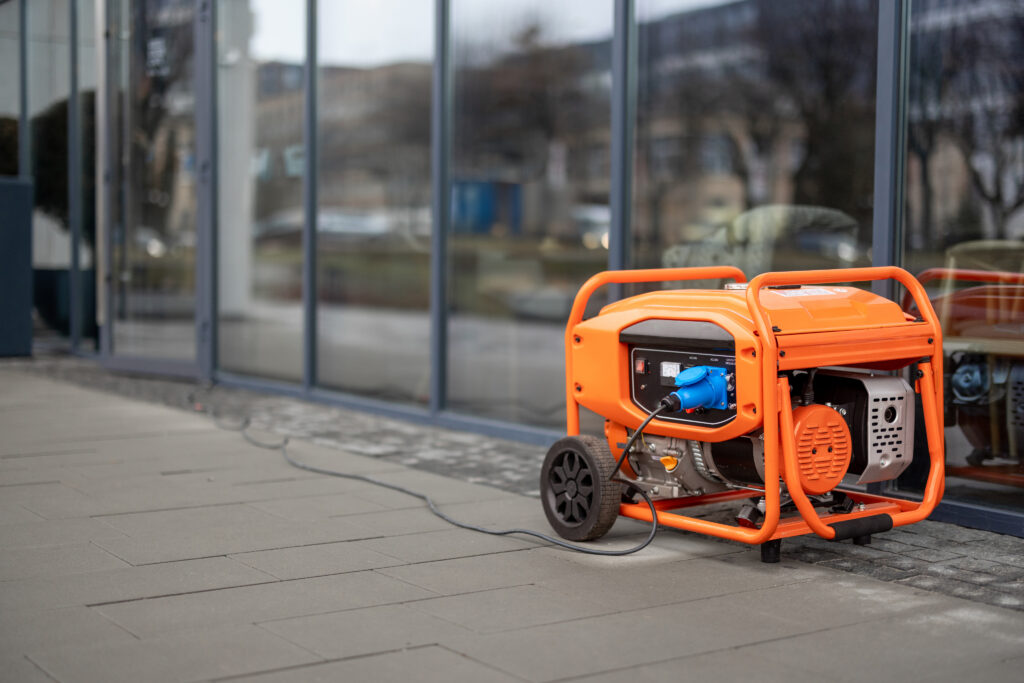
Generators can’t be placed just anywhere. Improper location can result in carbon monoxide poisoning, noise complaints, or fire risk.
Code Requirements:
Generators must be at least 5 feet from doors, windows, and vents, and must sit on a non-combustible pad.
Boca Code Tip:
City of Boca Raton follows FBC Mechanical 304.9, which outlines minimum clearance zones and placement restrictions for gas-powered equipment.
5. Load Calculations Should Never Be Skipped
You can’t just plug your whole house into a generator without checking your total electrical load. Failing to do a proper load calculation is both unsafe and non-compliant.
Why It’s Important:
Overloading a generator can cause it to shut down, overheat, or damage connected equipment.
Boca Code Tip:
NEC Article 220 requires accurate load calculations for both residential and commercial systems during generator installation.
6. Weatherproofing and Flood Protection Are Required
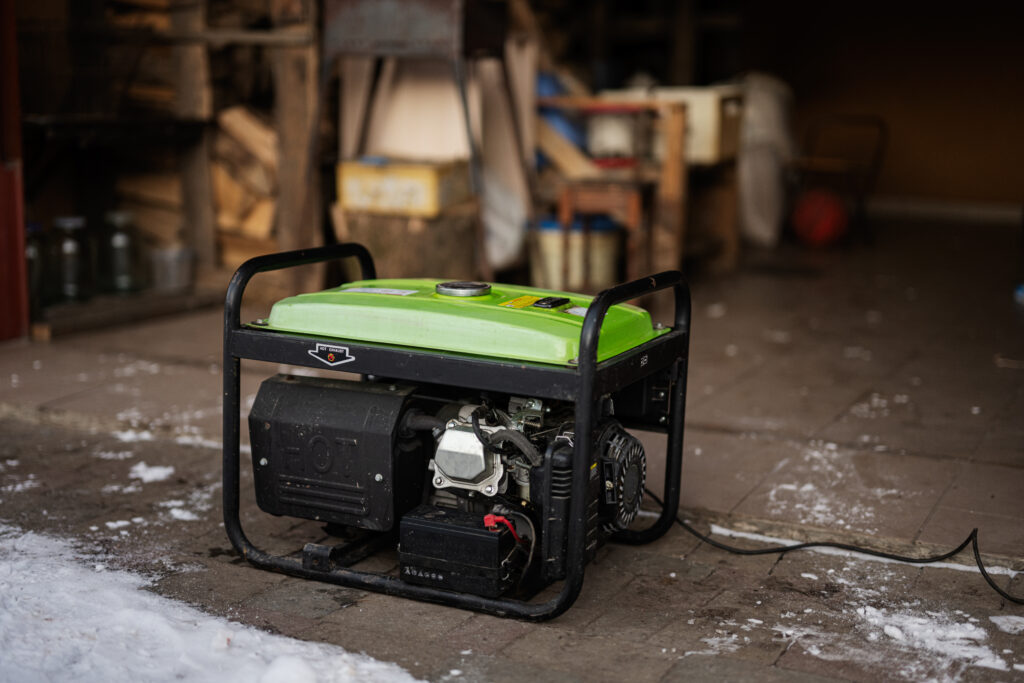
Boca Raton is in a coastal zone, meaning flooding and wind-driven rain are real threats. Generators must be installed to withstand these conditions.
What This Means:
Units must be on elevated, weatherproof platforms and protected by enclosures rated for outdoor use.
Boca Code Tip:
FEMA recommends raising generator units above base flood elevation (BFE), and Boca building code enforces it in designated flood zones.
7. Generator Wiring Must Match Panel Capacity
Wiring from the generator to the panel must be the correct size and rating. Too small, and it overheats. Too large, and it won’t trip properly.
Common Mistake:
Using leftover or “close enough” wire sizes can fail under heavy loads.
Boca Code Tip:
NEC 310 specifies conductor sizing. Your generator wiring must match the panel’s amperage rating and voltage requirements.
8. All Systems Must Be Labeled Clearly
Labels are essential for identifying circuits during emergencies or repairs. All generator-fed circuits, transfer switches, and subpanels must be clearly labeled.
Why It Matters:
First responders and electricians need to know exactly what’s powered and where during a crisis.
Boca Code Tip:
NEC 110.22 and 702.7 require permanent, durable labels with clear warnings on all backup power equipment.
9. Permits and Inspections Are Always Required
Skipping the permit process may seem convenient, but it can cost you later. Unpermitted generator work is illegal and could result in fines, failed home inspections, or denied insurance claims.
Why It’s Enforced:
Inspections ensure your installation meets local safety codes and is safe for you and your neighbors.
Boca Code Tip:
Palm Beach County requires a building and electrical permit for all generator installations and a final inspection before use.
Bonus: Differences Between Residential and Commercial Requirements
Though many of the same codes apply, there are key differences in scope and complexity when comparing residential and commercial generator setups.
Residential Generators:
- Typically power essentials like lights, fridge, and AC
- Must be quiet and HOA-compliant
- Commonly use air-cooled units from 7kW to 22kW
Commercial Generators:
- Power full operations, including security, HVAC, and refrigeration
- Often require three-phase connections
- Must comply with OSHA, ADA, and fire safety standards
Whether it’s a single-family home or a multi-unit business, all systems must be sized and installed by a licensed electrician following Boca Raton’s codes.
How to Get Ready Before the Next Storm Hits
If you haven’t installed a generator yet—or if you’re unsure your current setup meets code—now is the time to act. Here’s how to prepare:
- Have a licensed electrician evaluate your panel and circuits
- Get a proper load calculation
- Select a generator that meets your fuel and power needs
- Apply for all required permits
- Schedule yearly maintenance and monthly testing
How Can Boca Electrical Works Help You?
At Boca Electrical Works, we specialize in installing emergency electrical power generators that are safe, reliable, and 100% code-compliant. Whether you’re a homeowner preparing for hurricane season or a business owner protecting your operations, we’re here to help every step of the way.
We offer:
- Full generator installation for homes and businesses
- Transfer switch installation and panel upgrades
- Electrical load analysis and permit filing
- Flood-resistant placement and storm-proof enclosures
- Generator maintenance, repair, and inspection
Visit us at: 123 NW 13th St Suite 214-09, Boca Raton, FL 33432
Call now: (561) 320-8539
Don’t wait until the next outage. Let Boca Electrical Works protect your power, property, and peace of mind.
Frequently Asked Questions
How long does it take to install a standby generator in Boca Raton?
From permitting to final inspection, standby generator installation usually takes 2 to 4 weeks, depending on system size, permitting approval, and scheduling.
Can I install a generator myself if I have electrical experience?
No. In Florida, only a licensed electrical contractor can legally install a standby generator connected to your home’s wiring system.
What size generator do I need to power my entire home?
Most average-sized homes in Boca Raton need a 20kW to 26kW generator for full-home backup, but an electrician should perform a load calculation to be sure.
Will installing a generator increase my homeowner’s insurance?
Not necessarily—some policies may offer discounts for having backup power, especially in hurricane-prone areas. Always check with your provider.

